
Arjane Kerkhoven
Being one of Noldus’ blog writers, you can usually find me typing away on my laptop or reading interesting research papers. I really enjoy learning new things on behavioral research! During my free time I like to take walks in nature, craft things and read books.
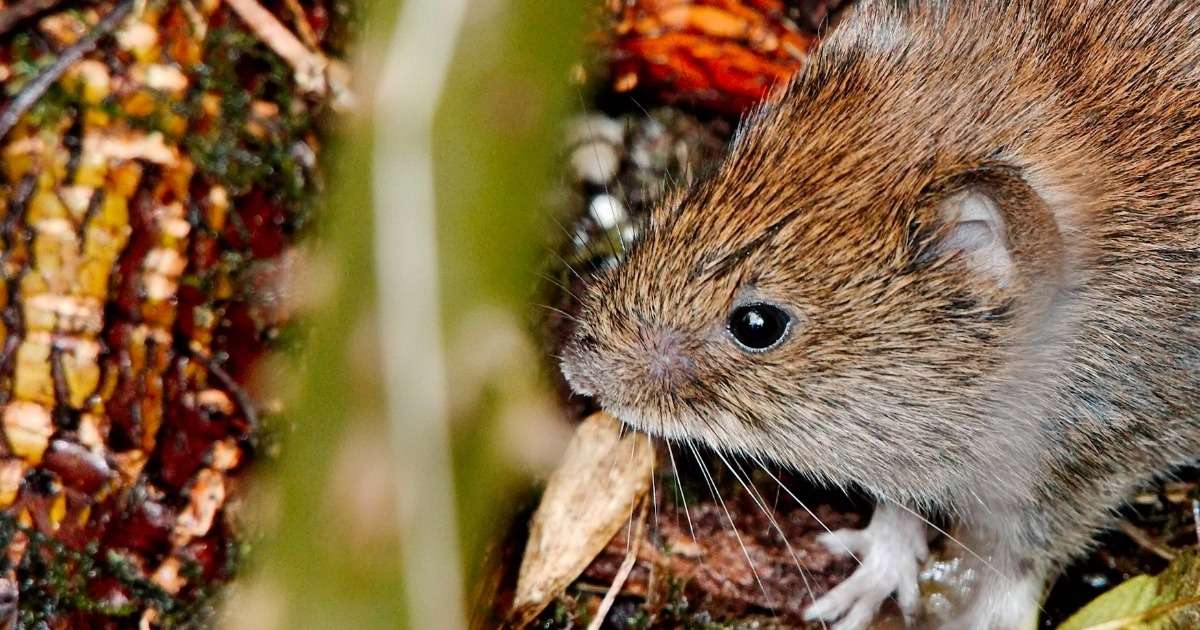
Father’s genes affect their offspring’s future success
The early life environment of male bank voles can influence their offspring significantly. Both social stress and nutrient supply have an effect on the chances of survival for two generations.
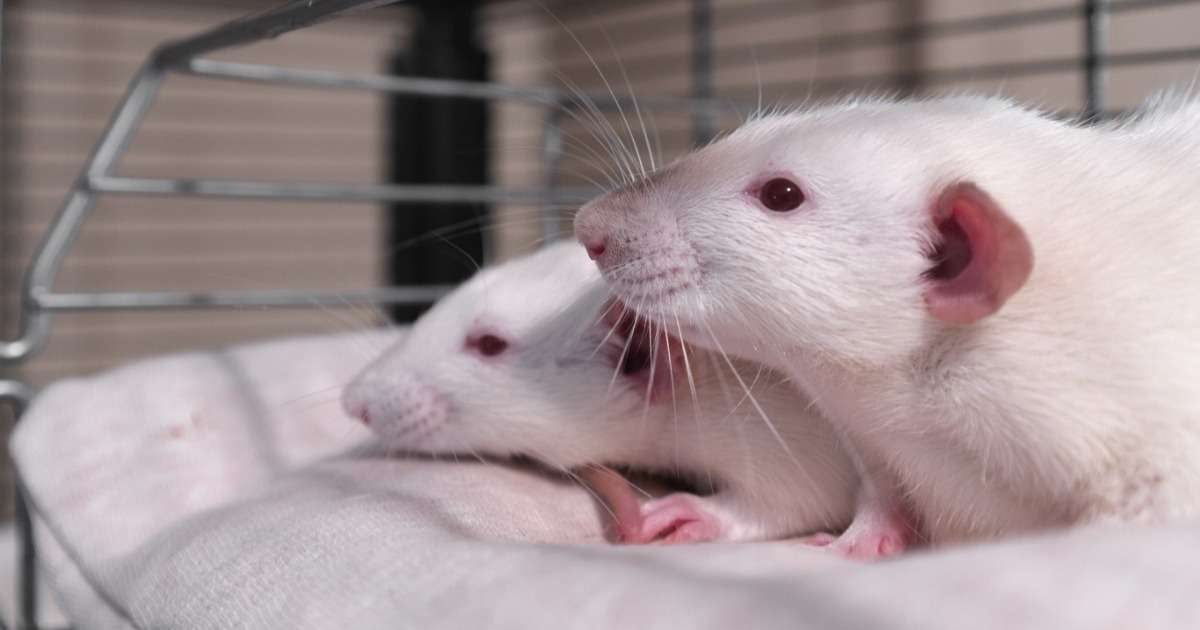
Taking opioids during pregnancy: short- and long-term consequences in rats
Women worldwide are suffering from opioid addiction. Many receive so-called opioid-maintenance therapy using bup, but consequences for both mother and baby are largely unknown.
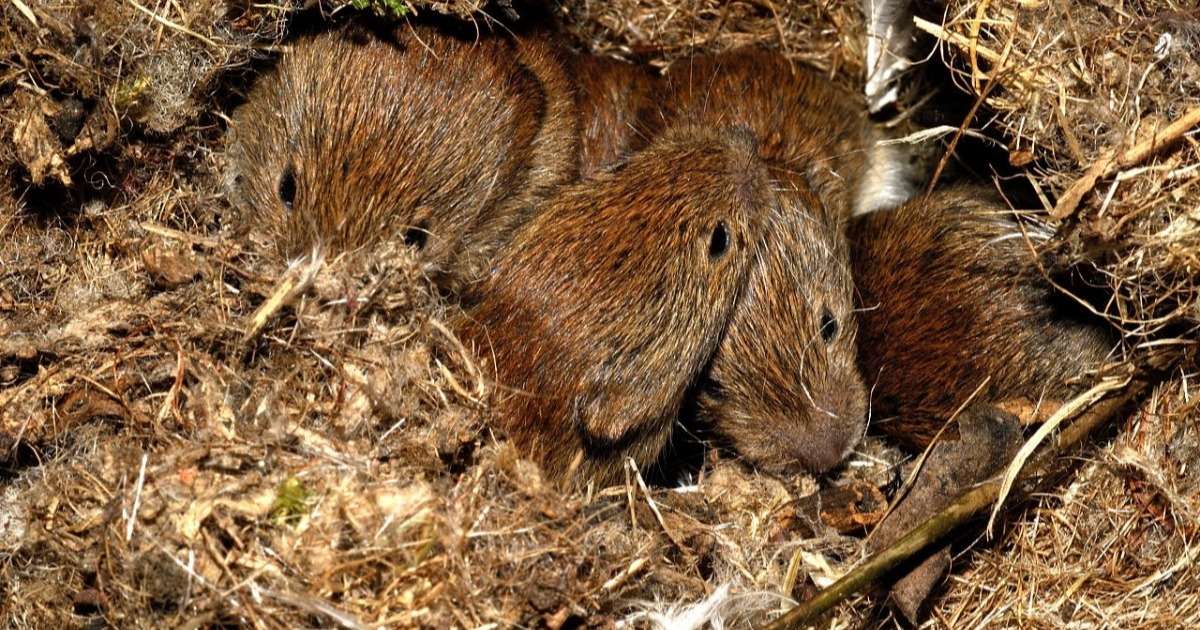
How bank voles take the future into account
Bank voles are often exposed to predator odor and alarm pheromones. This perceived predation risk may cause cross-generational behavior changes, which seem to be context-dependent on their in utero exposure.
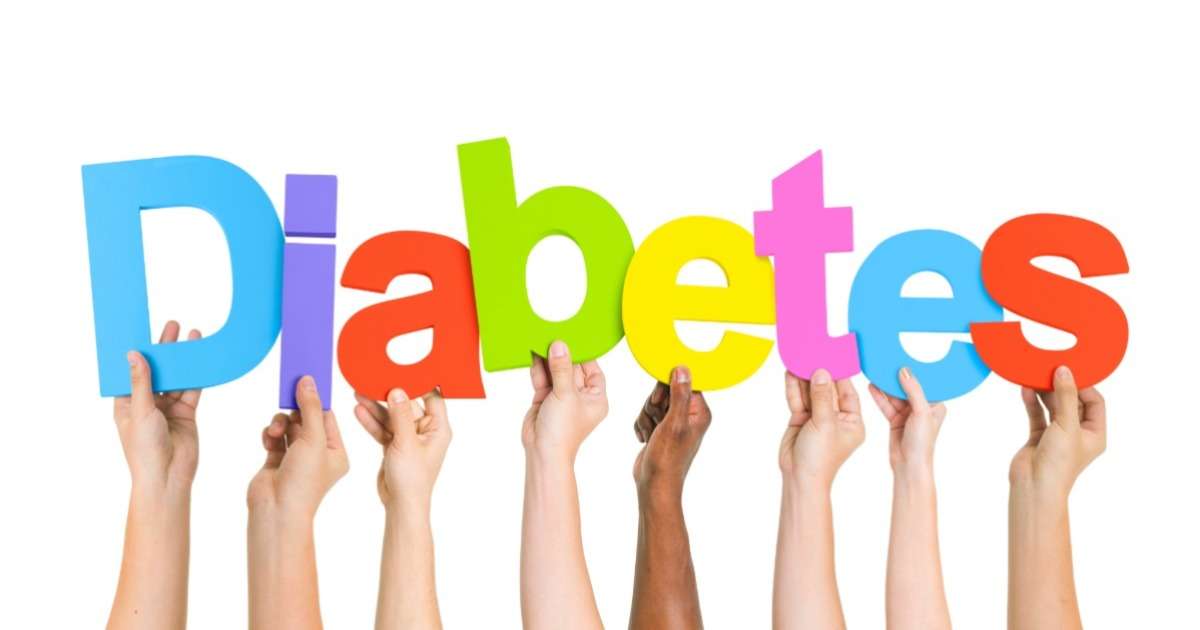
Decreased learning abilities in diabetic rats: Silymarin to the rescue
Silymarin is a substance that works as an antioxidant, is anti-inflammatory and increases BDNF levels. After supplementing silymarin to diabetic rats, typical diabetes symptoms were greatly improved.
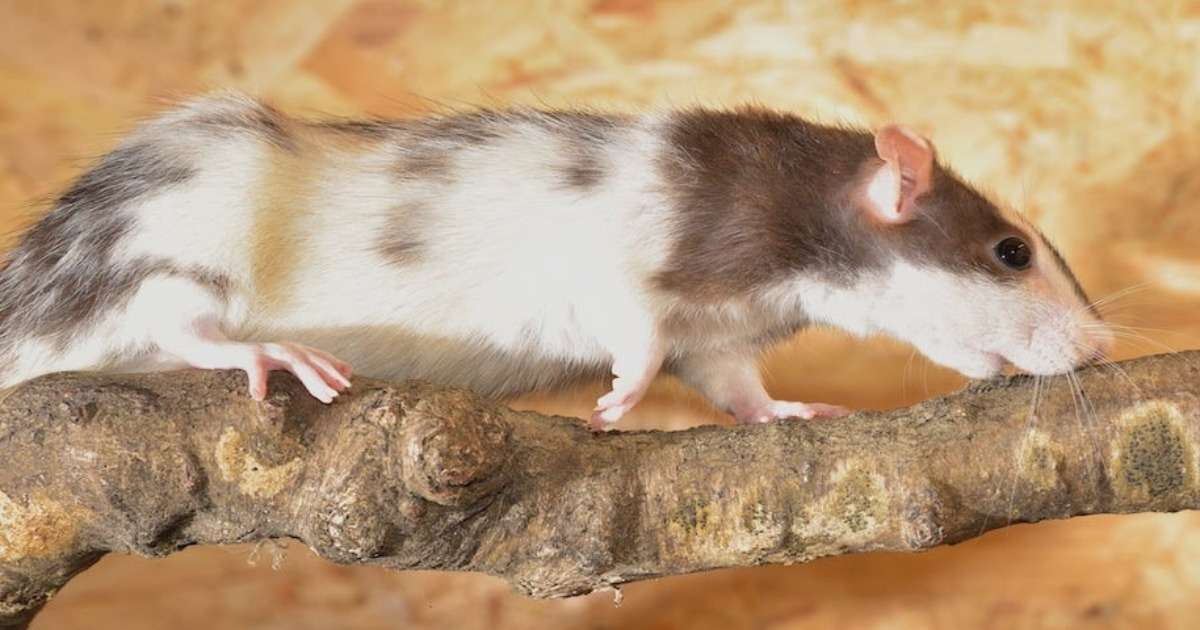
Depressed with a failing reward system: social stress disrupts brain waves
Chronic social stress has a huge impact on well-being. Gamma oscillations have been found to be an electrophysiological link between social stress and reward processing.
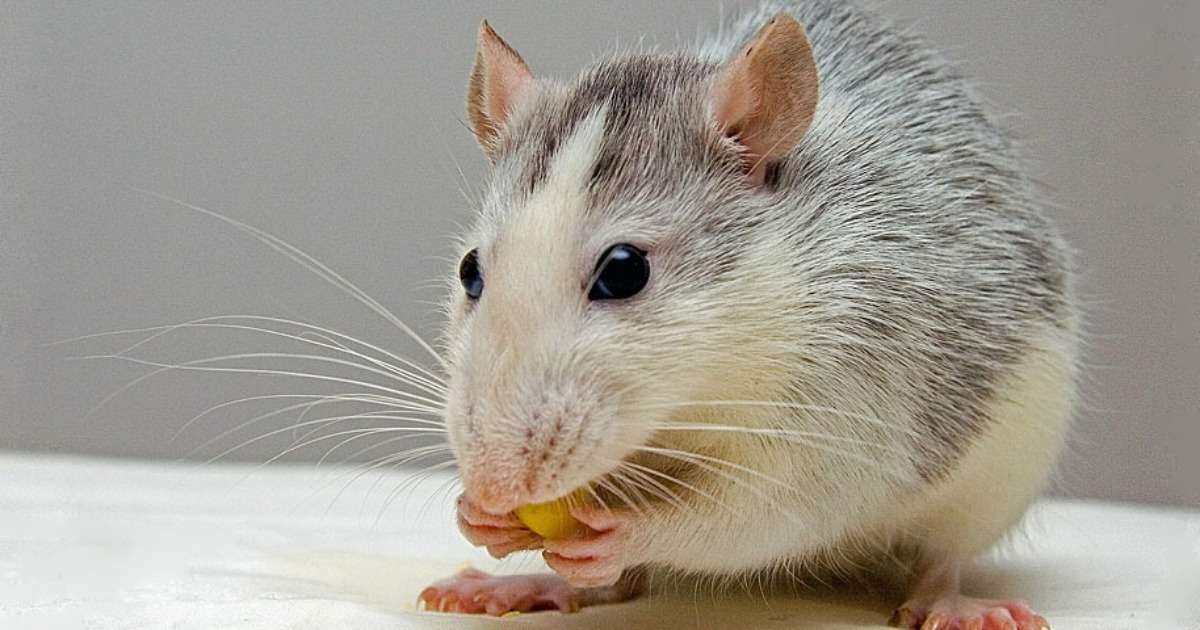
Is a unique calcium regulating mechanism a cause of Gulf War Illness?
Gulf War Illness (GWI) is potentially caused by organophosphate exposure. Through behavioral experiments, using a DFP rat model, researchers tested levetiracetam as a potential cure.
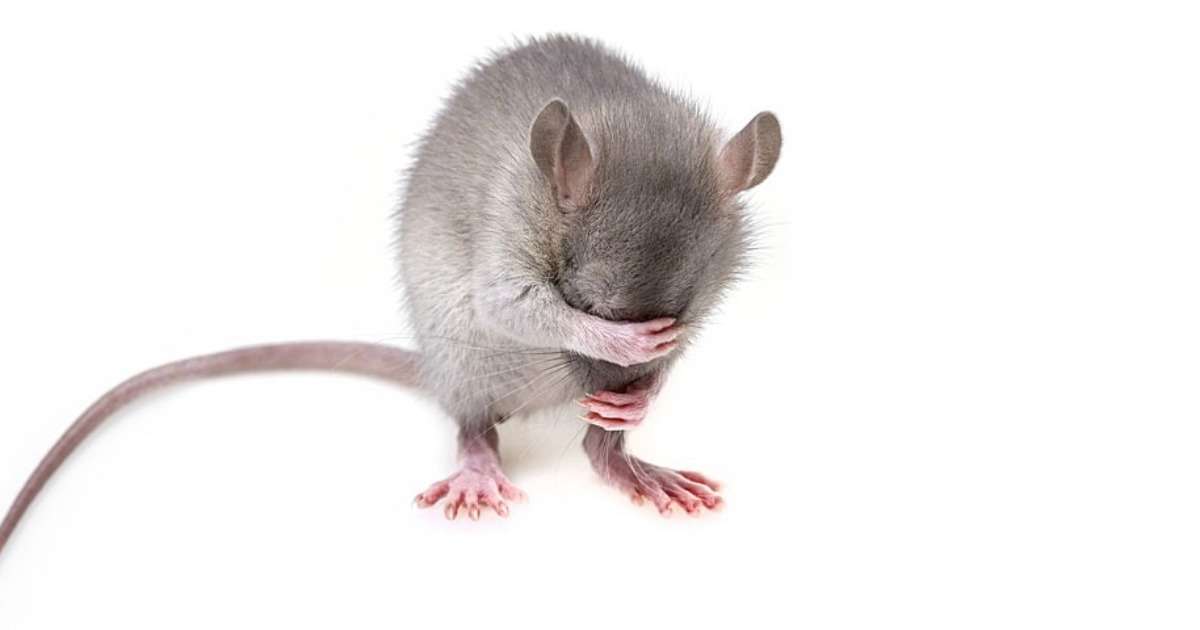
Gut microbes: both cause and cure of autism?
Gut microbes can increase or decrease typical autism spectrum disorder behavior (stereotypies, social behavior, locomotion, and communication) via metabolites and influencing alternative gene splicing.
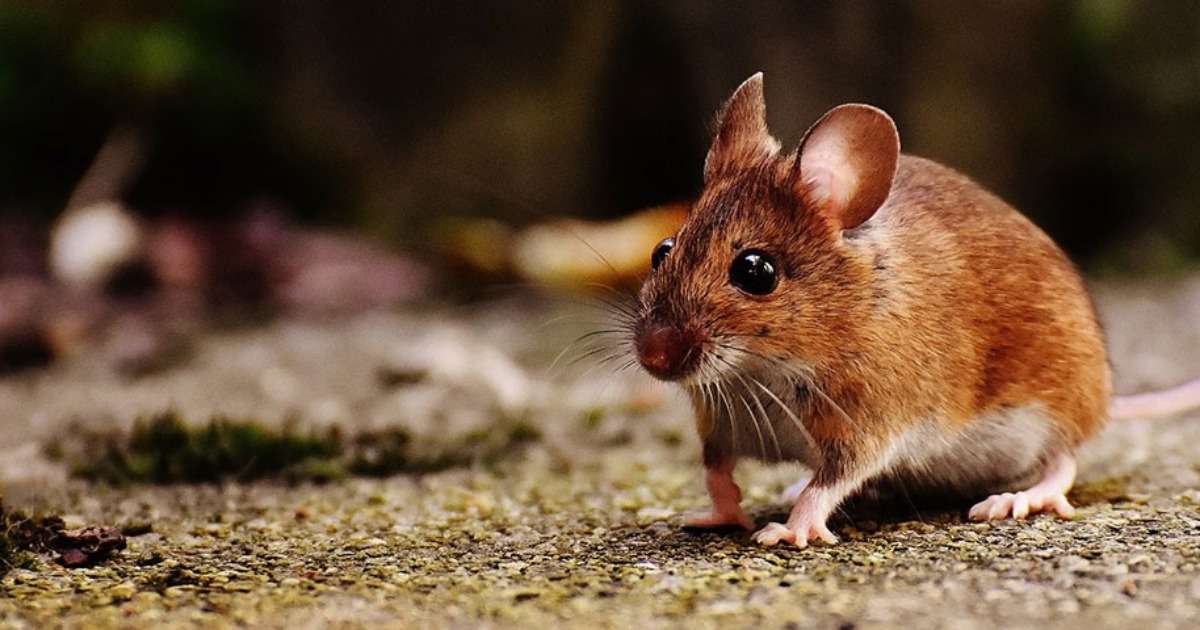
About unexpected results: predator odor excites mice
The temperature of the tail and eyes of rodents is indicative of their emotional state. What would be the effect of a specific predator cue?
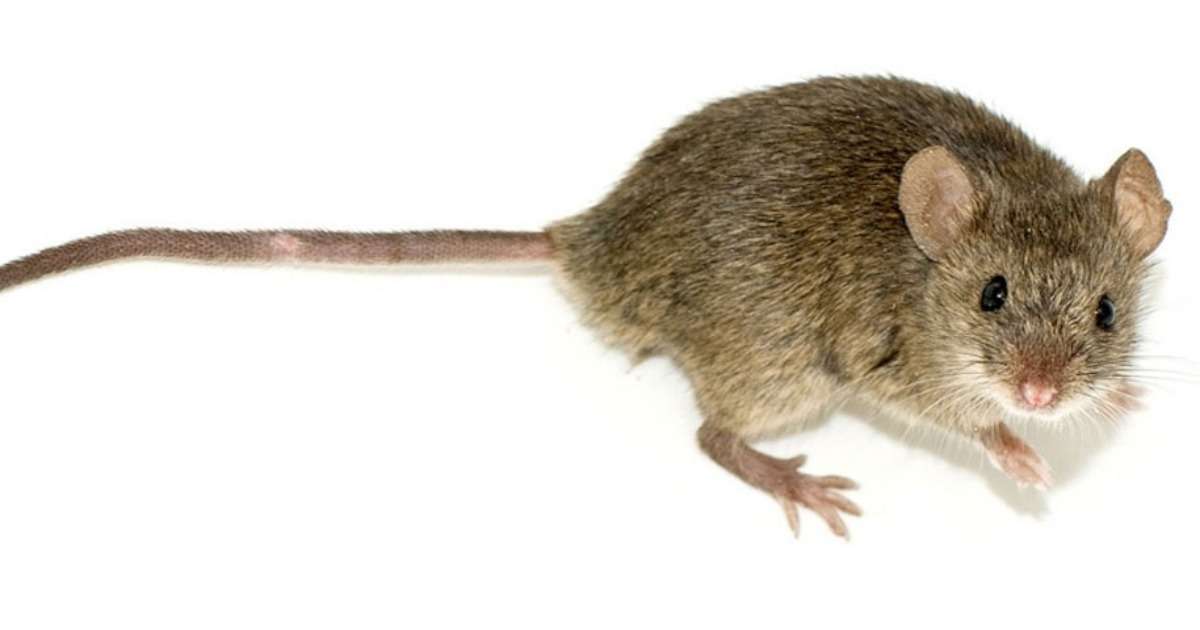
How mice regain their memory: Betaine against Alzheimer’s Disease
As a potential Alzheimer medicine, betaine was tested on an AD animal model in a novel object recognition test. Using video tracking, scientists studied the influence of betaine and betaine transporter on mouse memory.
